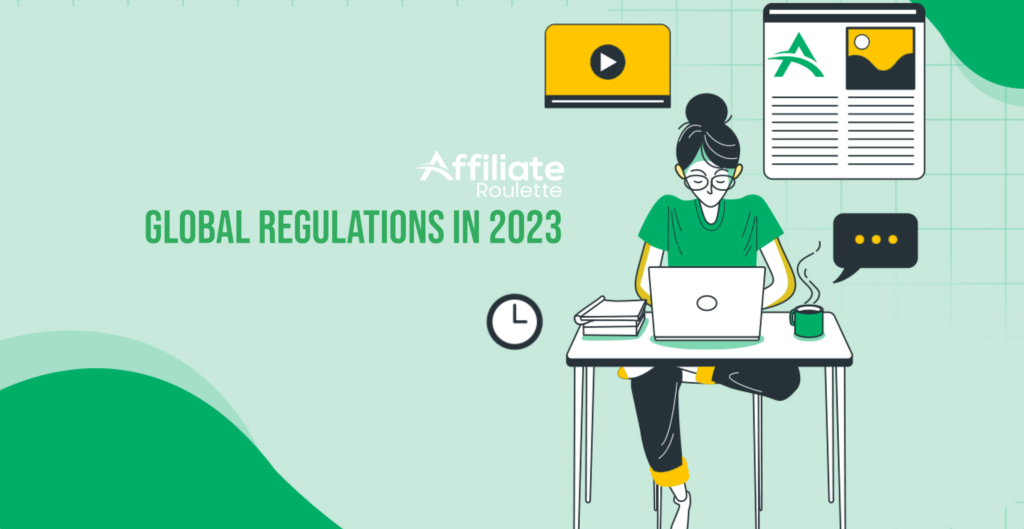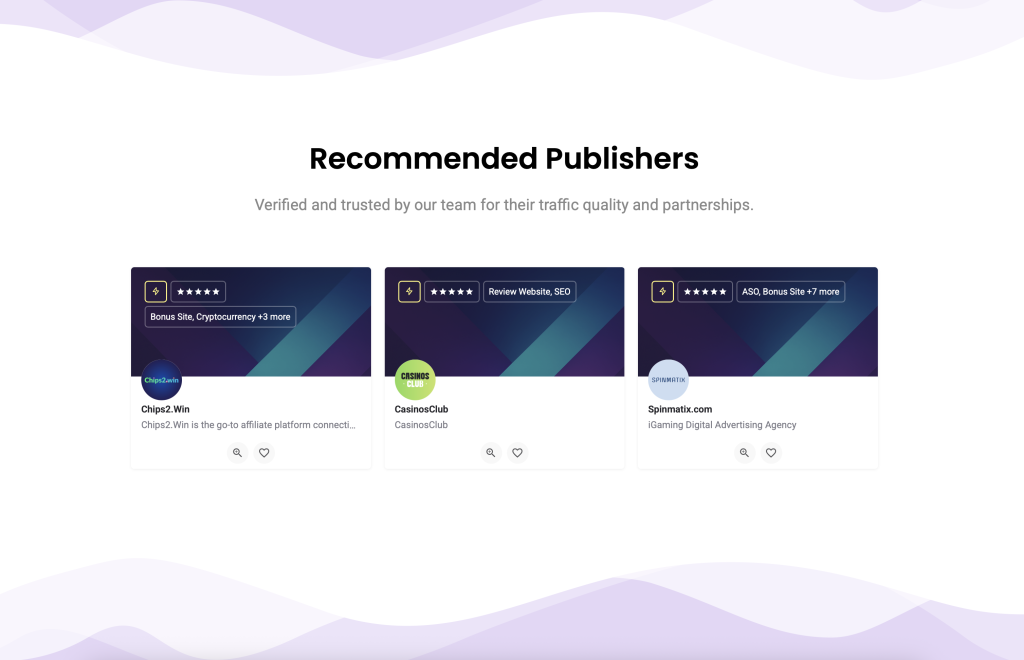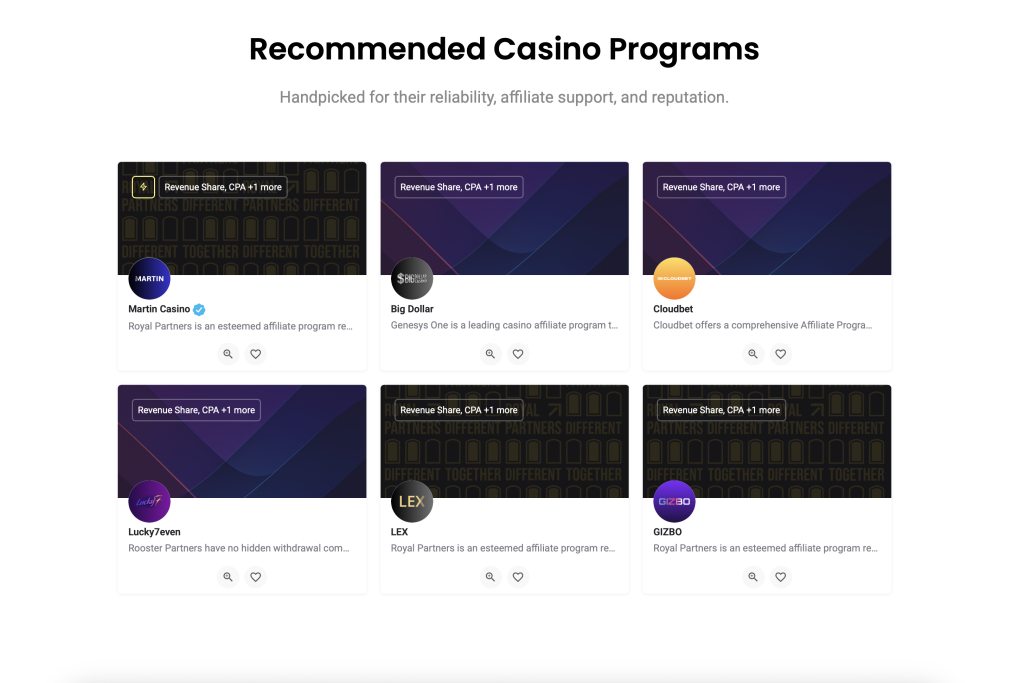The Realm of iGaming Flourishes: Understanding the Regulatory Landscape in 2023

The world is witnessing an incredible expansion in the digital domain, from the soaring popularity of cryptocurrencies to the rapid rise of new-age technologies. One industry riding this wave of digital growth is iGaming, which encompasses online gambling activities like poker, casinos, sports betting, and lotteries. But with growth comes responsibility. The sprawling nature of the digital universe means that iGaming is no longer confined to specific geographical boundaries, necessitating robust and flexible regulatory frameworks.
These frameworks are essential to ensure:
- Fair play for all participants.
- Secure transactions to protect players’ financial data.
- Responsible gaming to shield vulnerable individuals from the adverse effects of gambling.
Let’s delve deep into the ever-evolving world of iGaming laws in 2023, with a special focus on Europe’s commendable efforts towards a unified approach.
Europe’s Unified Approach:
Europe is a mosaic of cultures, languages, and regulatory environments. It’s also home to some of the world’s largest iGaming markets, including the United Kingdom, Germany, and Spain. Navigating this intricate web of laws and regulations could be a daunting task for any iGaming business aiming to operate across multiple European nations. However, the continent has recognized the need for a more coordinated approach to iGaming regulation.
The Role of the European Gaming and Betting Association (EGBA):
The EGBA, established to represent the leading online gaming operators in Europe, has been a driving force behind Europe’s move towards standardized iGaming regulations.
The organization’s objectives are manifold:
- Standardized Regulations: The EGBA believes that by creating a common set of rules and regulations, businesses can benefit from a level playing field, which encourages healthy competition and innovation.
- Player Protection: A unified approach means players can expect the same degree of protection, irrespective of the European country they’re gaming in. This covers aspects like data protection, fair play, and responsible gaming measures.
- Anti-Money Laundering (AML): By promoting standardized regulations, the EGBA aims to provide a robust platform that curbs money laundering activities, ensuring that the proceeds from iGaming are legitimate.
Success Stories:
Several European countries have started recognizing the benefits of a unified regulatory approach:
- United Kingdom: The UK Gambling Commission (UKGC) has been at the forefront of establishing rigorous standards for player protection, transparency, and integrity. It also promotes cooperation with other European regulatory bodies to share best practices.
- Germany: After years of oscillating regulatory stances, Germany’s Interstate Treaty on Gambling 2021 paved the way for a more open yet regulated online gambling market. This move aligns with EGBA’s vision of a cohesive European iGaming market.
- Spain: The Spanish Directorate-General for the Regulation of Gambling has collaborated with other European regulatory bodies, absorbing insights and aligning its regulations to cater to the broader European vision.
Challenges Ahead:
While Europe’s journey towards a unified regulatory framework is commendable, challenges remain:
- Cultural Differences: Gambling perceptions vary across European nations. For instance, the Nordic countries have historically had a more restrictive approach compared to nations like the UK. Bridging these cultural differences is crucial.
- Taxation: Standardizing tax rates for iGaming across Europe is a contentious issue. While a common tax regime can simplify operations, countries might resist losing their autonomy over setting tax rates.
- Technology Evolution: With technologies like VR, AR, and blockchain becoming integral to iGaming, regulations need to evolve at the same pace to ensure they remain relevant and effective.
In Conclusion:
The iGaming industry, riding the digital wave, has burgeoned into a multi-billion-dollar global entity. As it continues to grow, the necessity for robust, unified, and adaptable regulatory frameworks becomes paramount. Europe’s unified approach, championed by the EGBA, is a testament to the continent’s forward-thinking stance on iGaming.
However, this is just the beginning. As technology continues to push boundaries and redefine industries, the regulatory landscape needs to be agile, ready to embrace change while ensuring the twin goals of player protection and business growth are met.
Here’s to a future where the joys of iGaming can be experienced by many, under the aegis of a fair, transparent, and unified regulatory umbrella.
Comments
You must be logged in to leave a review.


